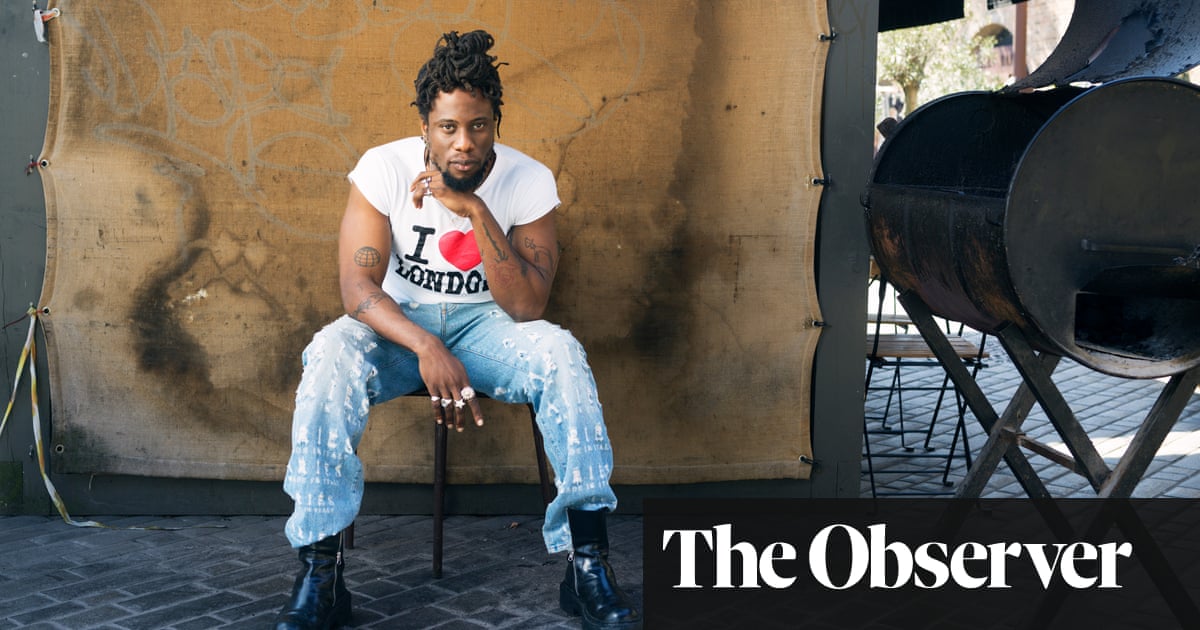Emma Reed Turrell, psychotherapist, author and host of the podcast Friendship Therapy
You can keep balance in friendship by showing your working out, rather than making assumptions and mind-reading. This might sound like: “I’d like to invite you to a party but I’m wondering if it might not be your thing and I want you to know that you can absolutely say no, or just come for an hour.” That way you get to express your wish and your friend gets to be honest in their choices, rather than people-please you or dodge the question. Look for the ‘both/and’ of a balanced friendship, rather than an ‘either/or’ situation, and negotiate how to both get what you need from your communication styles or time together, rather than create a one-way street in which one of you is always keeping the other happy. Not everyone wants a two-way street in friendship and you might find you get push-back if you seek to rebalance an existing relationship but a true friend will welcome your honesty and one that doesn’t might not have been a friend at all.
Rhaina Cohen, author of The Other Significant Others
One of the most common questions I get is: how do you turn a casual acquaintance into a close one? Grabbing dinner every couple of months won’t quickly lead to real intimacy. Deep connection takes time. You can steadily get closer by establishing a routine, like a weekly run, or a joint project, like trying out recipes in a cookbook together. To fast-track closeness, plan concentrated time together, like going on a day trip or attending a music festival. Through events like these, you’ll create shared memories—another gateway to intimacy. Here comes the hard part: once you have an idea, suggest it to your friend. Taking initiative may feel risky, but the potential reward – making the leap to close friend – is worth it.

Robin Dunbar, Professor of Evolutionary Psychology, University of Oxford and author of Friends: Understanding the Power of our Most important Relationships
The general rule is being somewhere that people meet up – a social club, a church/mosque/gurdwara/synagogue, a rambling group. You cannot make someone click with you, but if you can find a place where people gather, relationships at least have a chance to blossom organically. By far the best is a choir or singing group. We refer to singing as the ice-breaker effect – it’s almost always instantaneous. In the end, friendship is about finding someone who is similar to you in cultural background and shares the same interests. Above all, shared musical tastes or sense of humour work best.
Hope Kelaher, therapist and author of Here to Make Friends
Research suggests that the dimensions of high-quality friendships include reciprocity, interdependency, emotional intimacy and constructive conflict resolution. The best way to sustain this sort of relationship is to develop communication skills to make sure you solve disagreements and differences. Since no friendship is perfect, and even the best have some level of conflict, it is important to think about ways to address your own perspective and feelings along with your friend’s when conflict does arise.
Just as with an intimate partner, the repair is the most important part and, when done well, can allow for the relationship to deepen its intimacy allowing for greater connectivity. Keep a stance of curiosity about your friend’s perspective, validating and empathising with their perspective – and using “I feel” statements when expressing your own side of the argument.
Gyan Yankovich, author of Friendship First: From New Sparks to Chosen Family, How Our Friends Pave the Way for Lifelong Happiness
My advice for everyone is to remember we have an obligation towards our friends. So many of us want to have friends who feel like family, but are scared of feeling the same sense of obligation towards them that we do our biological kin.
To me, this commitment means showing up (even when we don’t want to), remembering the details of their lives – even the boring or mundane ones – and working to ensure our friends are part of our future plans. Feeling obligation is a privilege and, I believe, it’s the only way to ensure our friends will also look after us.
Mahzad Hojjat, professor of psychology at Dartmouth and co-author of The Psychology of Friendship
after newsletter promotion
Establishing good friendships is all about mutual understanding, communication, and support. It is about give and take in both good and bad times; it is not selfish. If someone comforted you when you had a bad day, reciprocate by offering to help them celebrate, say, a child’s birthday. It is about slowly letting someone into your world and allowing them to do the same. Once a friendship is established, it’s important to maintain it, regardless of physical distance or busy schedules. If you haven’t heard from a friend in a while, call them. Perhaps they are in a bad place, and they need your support. Even the strongest bonds can fade if they aren’t nurtured.

Max Dickins, author of Billy No Mates: How I Realised Men Have a Friendship Problem
A man said to me recently, “I have never felt like my best friend’s best friend.” I knew exactly what he meant. Paradoxically, intimacy in male friendship is communicated through casual and relentless insult. Outward affection can be taboo. It affects what is permissible in our conversations – the friendship becomes a space we deem unsafe or, at least, unencouraging of vulnerability. Yet vulnerability is the foundation of the sort of mutual knowledge that turns a mate into a close friend. Blokes would do well to expand their conversational toolbox a little, to connect beyond the banter.
Susan Shapiro Barash, author of Toxic Friends: The Antidote for Women Stuck in Complicated Friendships
Women often travel in groups, and if there’s a difficult member of the group,they are often very reluctant to confront a friend and say, “Look, you did this to me.” But I think you have to renegotiate the friendship, you have to have the courage to sit down and say, “We need to preserve this, but you did this and here’s how I felt. I really care about you, we care for each other, but I’m very concerned because this or that happened.” The other thing you need to do is be accepting. It’s worth considering that your friend has her own stuff going on too. And ask yourself: What kind of friend have I been? Possibly, I’ve let her down and I need to be more supportive. So it’s worth reflecting on from both sides.

 3 months ago
48
3 months ago
48













































